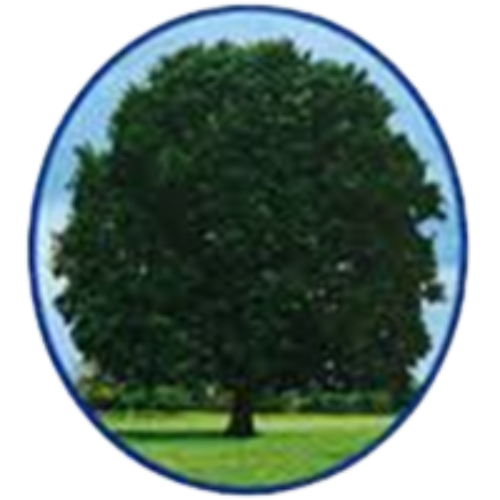Curriculum Intent, Implementation and Impact for Music
Curriculum Intent for Music
'The power of music is all around us. It is the soundtrack to our lives. Music connects us through people and places in our ever-changing world. It is creative, collaborative, celebratory and challenging. In our schools, music can bring communities together through the shared endeavour of whole-school singing, ensemble playing, experimenting with the creative process and, through the love of listening to friends and fellow pupils, performing. The sheer joy of music making can feed the soul of a school community, enriching each student while strengthening the shared bonds of support and trust which make a great school.' - Model Music Curriculum
‘A high-quality music education should engage and inspire pupils to develop a love of music and their talent as musicians, and so increase their self-confidence, creativity and sense of achievement.’ - Department of Education, National Curriculum.
At Shustoke, our intention is to develop a love of music by providing a music curriculum which will enable each child to reach their full potential in music, encouraging them to enjoy singing, composing and performing, as well as providing them with the opportunity to perform in front of an audience both within and outside of school. We strive to make music an enjoyable learning experience, encouraging children to participate in and engage in a wide variety of musical experiences through which we aim to build confidence in all children.
Curriculum Implementation of Music
- At Shustoke, we make use of the online musical resource Charanga for delivery of music across the school in line with the model music curriculum.
- Charanga planning is used by teachers to drive children’s development within music. Every year group will build upon the learning from prior year groups, therefore developing depth of understanding and progression of skills. This serves as a base to aid and enhance our teaching, but is not intended to be rigidly adhered to. Teachers should make professional judgements about when to adapt, miss out or add additional materials where this would benefit learning.
- Lessons provide opportunities for children to develop practical skills and progress by listening and appraising, singing, playing, composing, and performing.
- We promote an enjoyment and foster interest in music through regular singing practice, opportunities to perform e.g. school performances and experiences like 'Young Voices' and 'Warwickshire Sings!'
- Children are given the opportunity to listen to a range of music through various in and out of school opportunities.
- Weekly Ukulele lessons are planned for the children in Years 3 and 4 through 'Upbeat' as are individual instrumental lessons for violin and guitar.
- Throughout the year, performances take place within various school activities and are integral to the school ethos.
- Children will be encouraged to perform in Collective Worship whenever performances are ready to be heard.
- Charanga can be supplemented by the subject leader and the teacher’s own input to match and compliment the creative curriculum. The scheme also provides the necessary details, activities, accompaniments and recordings to support our music teaching.
- Music skills and skills progression are monitored through Charanga, as is the delivery of music.
- We have a range of music equipment and resources that can easily be moved around the school.
- The school class set of iPads have music apps installed.
- Access to Charanga resources is available to all staff as are opportunities for staff CPD.
- We have access to music through Spotify and CDs.
Curriculum Impact for Music
Our music curriculum will hopefully foster a love and increasing enthusiasm for the subject amongst our children, and a potential for life-long musical study.
Music monitoring takes a variety of different forms. A key component of this is pupil voice. School leaders can use pupil voice as an effective tool to ascertain the children's ability to express themselves musically. Examples of children's work is expressed through recordings, videos, participation, oral and written work. Other forms of monitoring will include learning walks and lesson observations. We focus on the progression of knowledge and skills and the teaching of key vocabulary. If children are achieving these skills in lessons, then they are deemed to be making good or better progress.
Those children with a particular interest or aptitude in music will be given the opportunity to extend their education in a variety of ways, for example, Young Voices, Warwickshire Sings!, singing club, instrumental performances in assembly.
